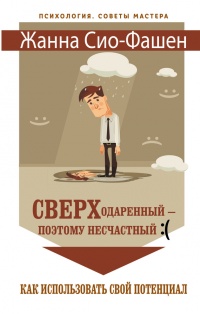Книга Высокая самооценка. Книга-тренажер по уверенности в себе - Селия Ампел
На нашем литературном портале можно бесплатно читать книгу Высокая самооценка. Книга-тренажер по уверенности в себе - Селия Ампел полная версия. Жанр: Книги / Психология. Онлайн библиотека дает возможность прочитать весь текст произведения на мобильном телефоне или десктопе даже без регистрации и СМС подтверждения на нашем сайте онлайн книг knizki.com.
Шрифт:
-
+
Интервал:
-
+
Закладка:
Сделать
Перейти на страницу:
Перейти на страницу:
Внимание!
Сайт сохраняет куки вашего браузера. Вы сможете в любой момент сделать закладку и продолжить прочтение книги «Высокая самооценка. Книга-тренажер по уверенности в себе - Селия Ампел», после закрытия браузера.
Книги схожие с книгой «Высокая самооценка. Книга-тренажер по уверенности в себе - Селия Ампел» от автора - Барбара Марквей, Селия Ампел:
Комментарии и отзывы (0) к книге "Высокая самооценка. Книга-тренажер по уверенности в себе - Селия Ампел"
























